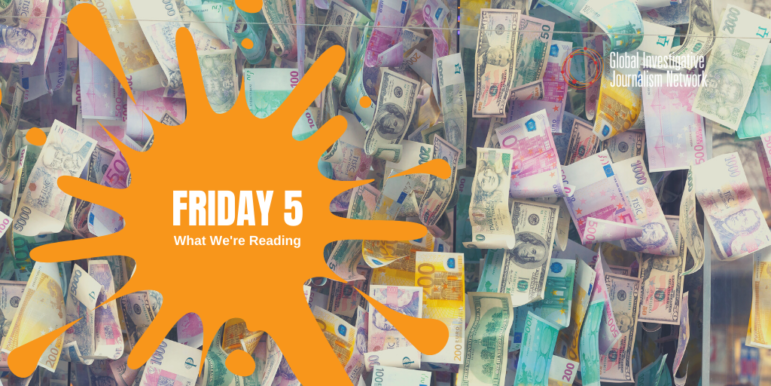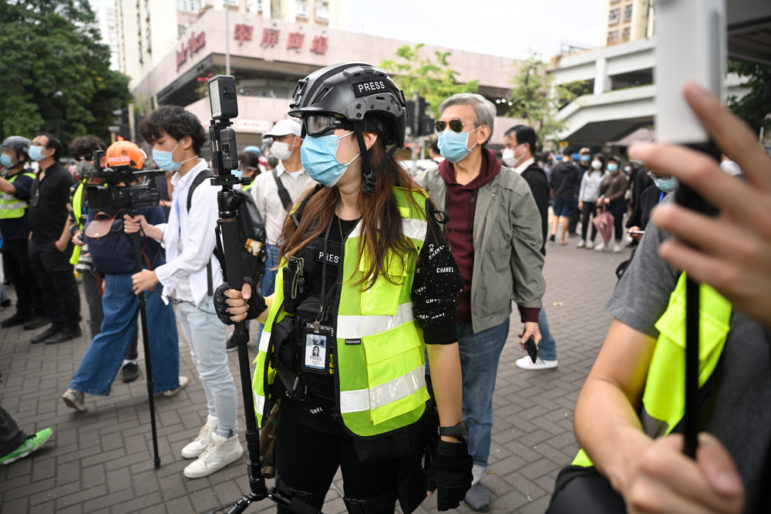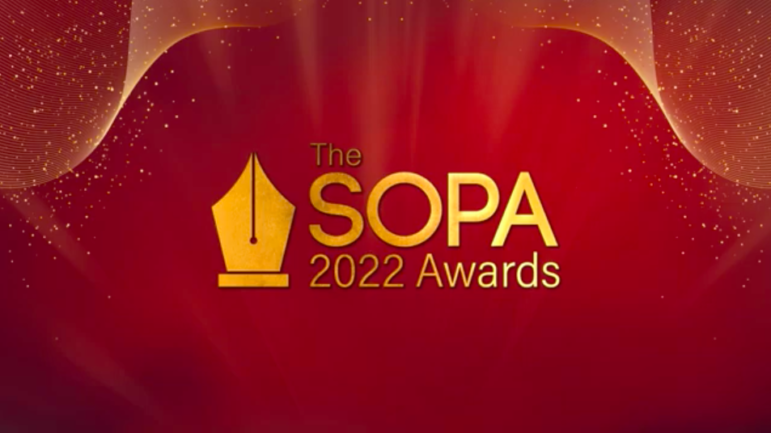

What We’re Reading: Tracking Covert Foreign Money, Global COVID-19 Resources, and Investigating the US Election

For this week’s Friday 5, where GIJN rounds up key reads from around the world, we’re checking out the financial loopholes authoritarians use to fund political interference in democracies, a bevy of COVID-19 resources, and a toolbox for reporters to look into the closely-watched US presidential election.
Financial Loopholes Used by Authoritarians to Interfere in Democracies (ASD)
Researchers Josh Rudolph and Thomas Morley reviewed open source reporting in 16 languages to identify international malign finance cases — defined as “the funding of foreign political parties, candidates, campaigns, well-connected elites, or politically influential groups, often through non-transparent structures designed to obfuscate ties to a nation state or its proxies” — credibly attributed to foreign governments. The report from the Alliance for Securing Democracy, which develops strategies to defend against efforts to undermine democratic institutions, found that approximately 83% of the activity studied was enabled by legal loopholes. The researchers cataloged the seven most exploited policy gaps — areas investigative journalists could be looking at more closely.
COVID-19 International Responses (CRS)
This new report from the US Congressional Research Service pulls together resources on the international response to COVID-19. You’ll find: the International Monetary Fund’s COVID-19 Policy Tracker; the Organization for Economic Cooperation and Development’s Key Country Policy Responses website with papers on 97 countries; the Cambridge Core Blog, with social safety net efforts and direct payments to individuals; the European Commission’s country-specific recommendations; the University of Oxford’s Coronavirus Government Response Tracker; and the Yale Program on Financial Stability’s COVID-19 Fiscal Response Tracker. For more pandemic resources, also check this spreadsheet by Global Integrity and GIJN’s own COVID-19 Resource Center.
Election 2020 (Journalist’s Toolbox)
Successful Pitches Show Freelancers the Way (CJR)
This piece by Stephanie Russell-Kraft in the Columbia Journalism Review highlights a new site which aims to demystify story pitching with a database of successful pitches across a variety of publications. You can follow Successful Pitches on Twitter to see when a new one is added. There are a couple of other worthwhile sources such as The Open Notebook for science stories and the Study Hall network for freelance journalists. For more on pitching, check out GIJN’s recent guide for freelancers and our popular Grants and Fellowships page.
August’s #APStyleChat: Digital Security (AP Stylebook)
For the AP Stylebook’s 55th Edition, a new chapter on digital security for journalists was introduced. Its editor, Paula Froke, took to Twitter to share digital security guidance on Wednesday, covering basics such as passwords, encryption, and surveillance issues. Tips included deleting your digital tracks, including browsing history and digital cookies uploaded during online activity; encrypting your hard drive if you have sensitive material; and military-grade deletion software for wiping, which overwrites hard drives and solid-state storage devices. For more, check out GIJN’s digital security guide, and this recent piece on 10 ways to keep your social media accounts safe.
 Tanya Pampalone is GIJN’s managing editor. She was executive editor of the Mail & Guardian and head of audience development at the African arm of The Conversation. Tanya contributed to Southern African Muckraking and Unbias the News, and is executive producer of the upcoming podcast One Night in Snake Park.
Tanya Pampalone is GIJN’s managing editor. She was executive editor of the Mail & Guardian and head of audience development at the African arm of The Conversation. Tanya contributed to Southern African Muckraking and Unbias the News, and is executive producer of the upcoming podcast One Night in Snake Park.









